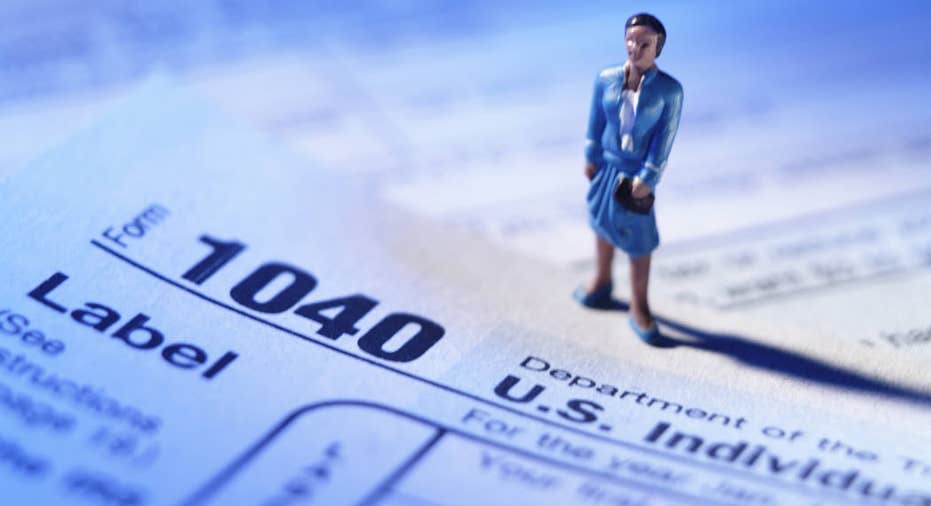2012-2013 Estate Tax and Gift Tax Amounts

If you're fortunate enough to give away substantial amounts of money or property during your lifetime, your generosity may be subject to federal gift tax rules.
After death, your money and property, known as your estate, may also be subject to federal estate tax. However, you can give money away during your lifetime or leave certain amounts to your heirs that are exempt from taxation.
Under the Economic Growth and Tax Relief Reconciliation Act of 2001, the federal estate tax was eliminated in 2010. The gift tax, however, remained in effect at a 35% rate.
On Jan. 1, 2011, the estate tax returned. According to the law enacted in December 2010, estates valued at $5 million or less at death in 2011 are exempt from the tax. Estates worth more than $5 million are taxed at a 35% rate.
Although there was no estate tax due in 2010, some heirs encountered larger-than-expected capital gains taxes upon sale of inherited assets. This was due to the requirement that the basis of such assets be carried over from the decedent to the heir.
With the return of the estate tax in 2011, the stepped-up basis on inherited property also returned. This means that an asset's basis is its fair market value on the day of the original owner's death.
For individuals who died in 2010, the estate had the option of following the 2010 estate tax rules, meaning no tax due on the estate, but the carry-over basis rule is in effect, or using the 2011 estate tax rules, which include a 35% tax on estates worth more than $5 million and stepped-up basis on bequeathed assets.
For deaths in 2012, the estate tax exemption increases to $5.12 million, thanks to inflation. And thanks to the American Taxpayer Relief Act of 2012 that was passed Jan. 1, 2013, the exemption will not revert to $1 million as originally expected, but stays at the $5 million level. However, the tax rate applied to amounts exceeding that exemption will increase from 35% in 2012 to 40% in 2013.
Annual Gift Tax Exclusion
You can give the following monetary amounts to each person, and to as many individuals as you want, without triggering the gift tax. The amount is indexed each year for inflation.
Annual gift tax exclusion
In addition to the annual exclusion amounts, you also can give the following without triggering the gift tax:
- Charitable gifts.
- Gifts to a spouse.
- Gifts to a political organization for its use.
- Gifts of educational expenses. These are unlimited as long as you make a direct payment to the educational institution for tuition only. Books, supplies and living expenses do not qualify.
- Gifts of medical expenses. These, too are unlimited as long as they are paid directly to the medical facility.
Unified Credit
In estate planning, you also must consider the unified credit. It gets its name because the federal gift tax and estate tax are integrated into one unified tax system.
This is the credit for the portion of estate tax due on taxable estates. For example, if you exceed the annual gift tax exclusion amount in any year, you can either pay the tax on the excess or take advantage of the unified credit to avoid paying the tax. The unified credit enables you to give away $5 million during your lifetime without having to pay gift tax.
By using the unified credit during your life, you'll reduce the amount available to offset the estate tax upon your death. If, however, you pay the gift tax, such taxed gifts are added back to your estate, and the estate tax is recalculated, with the gift taxes you previously paid credited against any final estate tax due.
Copyright 2013, Bankrate Inc.



















